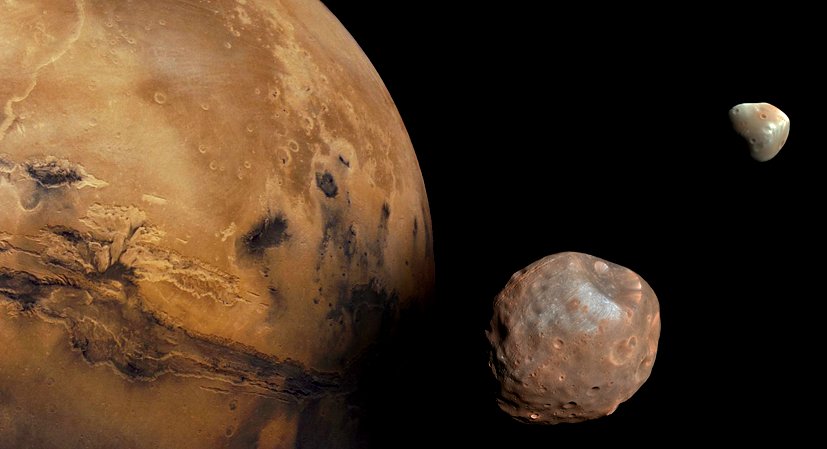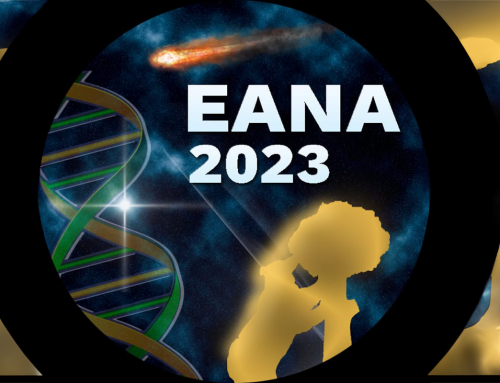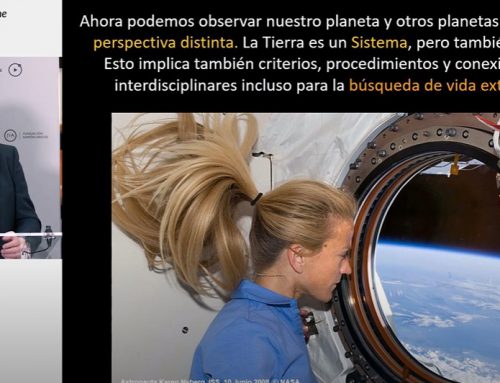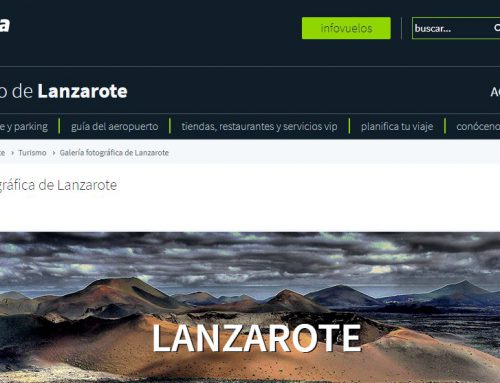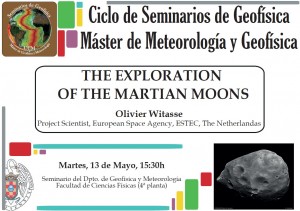 Nuestro colega y miembro del Comité de REDESPA, el Prof. Miguel Herraiz Sarachaga nos informa sobre un interesante Seminario.
Nuestro colega y miembro del Comité de REDESPA, el Prof. Miguel Herraiz Sarachaga nos informa sobre un interesante Seminario.
Título: Exploration of Martian Moons
Martes, 13 de Mayo a las 15:30
Seminario del Departamento de Geofísica y Meteorología
Facultad de Ciencias Físicas (4ª Planta)
UCM
PONENTE: Dr. Olivier Witasse, Project Scientist, European Space Agency, ESTEC, the Netherlands
Summary
The exploration of the two moons of Mars, Phobos and Deimos, is fascinating for many reasons.
The nature and origin of the moons are unknown. Are they captured asteroids, or the result of a large impact on Mars? Could Deimos have a different origin than Phobos?. Concerning the Phobos’ grooves, these numerous linear features, often turning to chains of small craters, the problem of their origin is also still not solved. Why are there no grooves on Deimos? Finally, the lack of clear absorption features in the visible and infrared wavelength range does not allow to understand the surface composition.
Mars Express is the first fully European mission to any planet. It carries seven instruments which, since January 2004, perform a highly successful global investigation of Mars. Mars Express orbits the red planet in an elliptical and polar orbit which brings it close to Phobos every five months. It is the only spacecraft, currently in orbit around Mars, whose orbit reaches far enough away from the planet to provide a close-up view of Phobos. The spacecraft made its closest ever approach on 29 December 2013, at just 45 km above the surface.
During this presentation, I will show what we have learnt with the Mars Express flybys, explain the scientific questions about Phobos and Deimos, and discuss possible future missions to the martian moons, including sample return.


